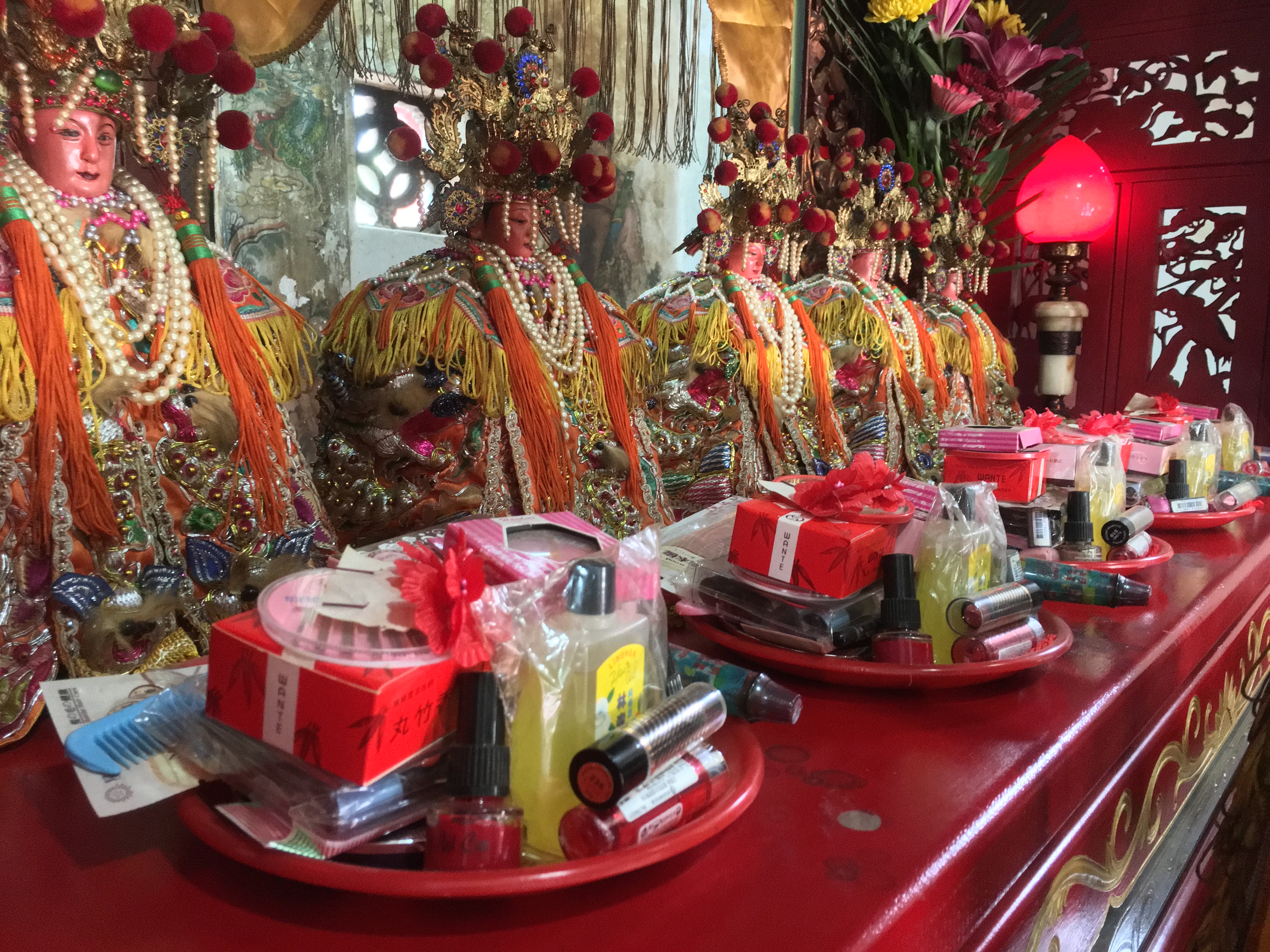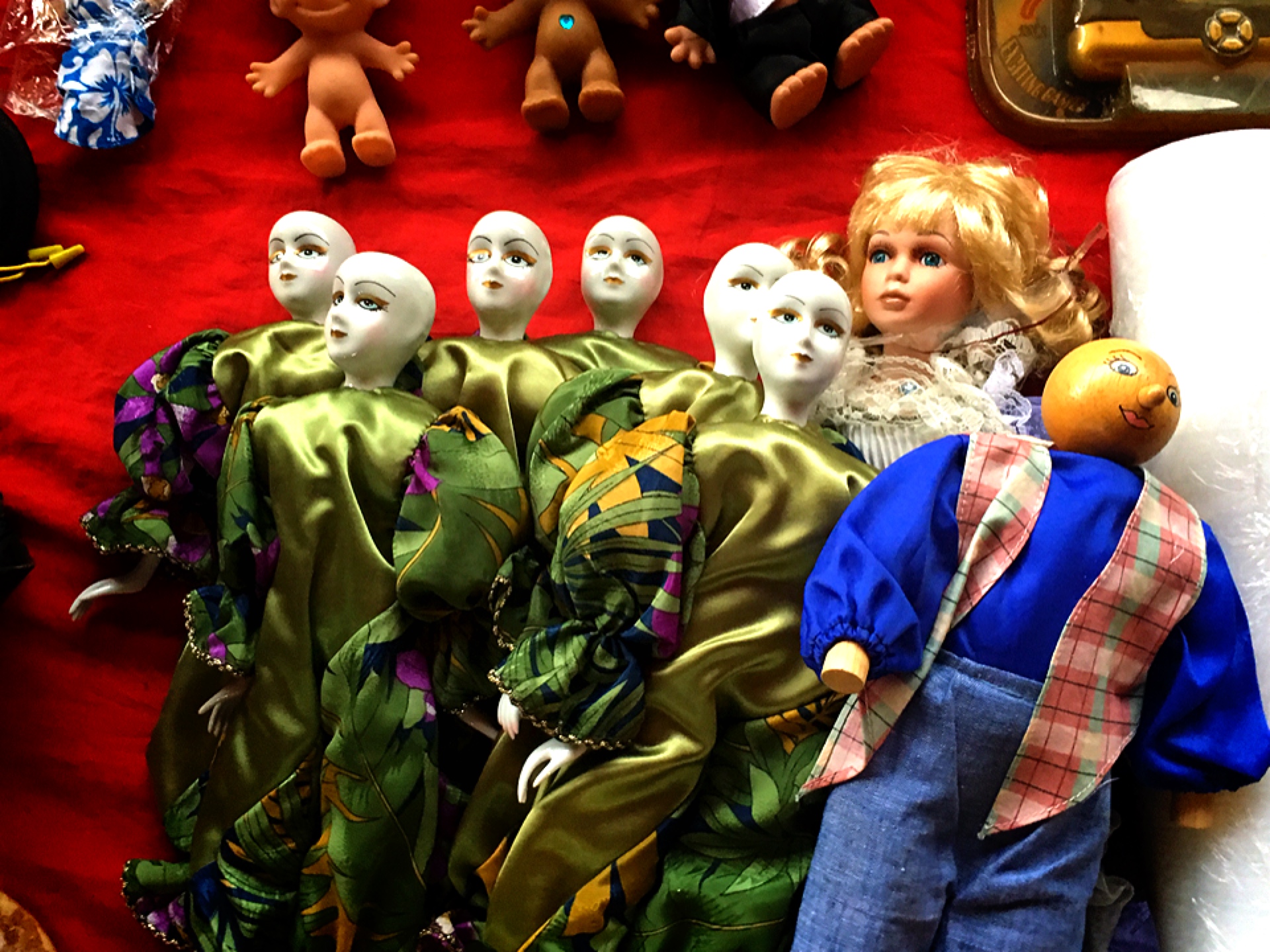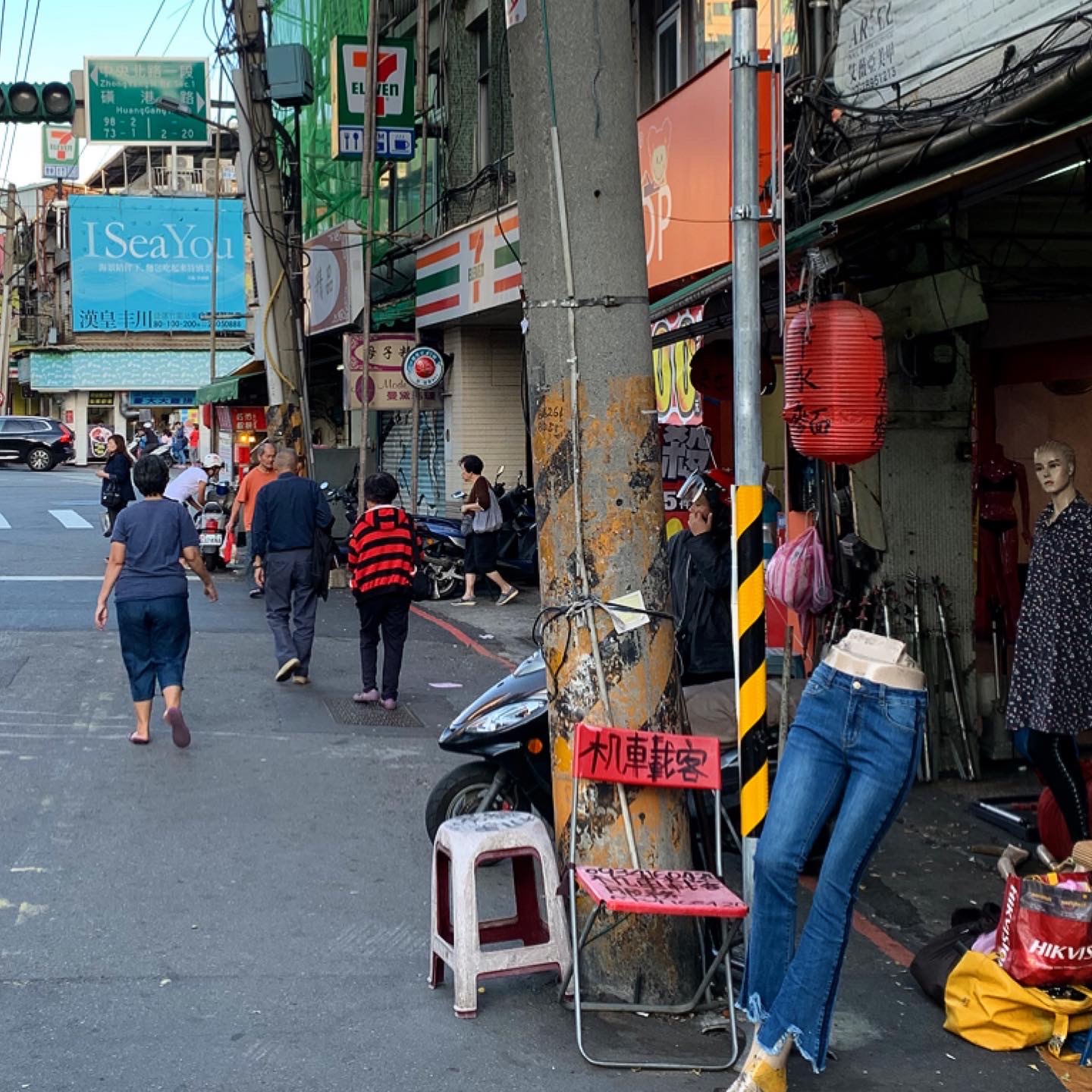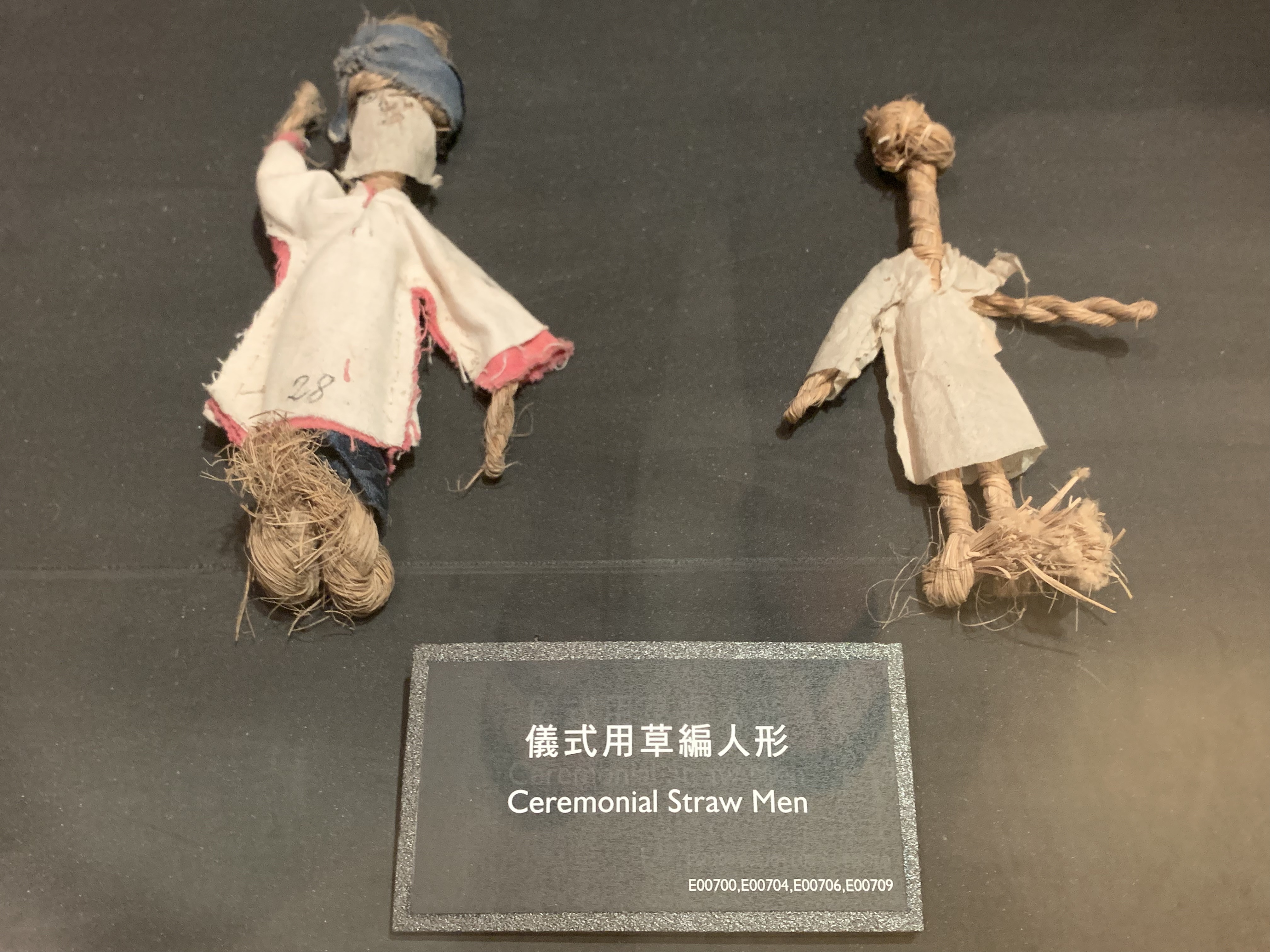
As usual I don't have a great header image, but I thought a memorial temple to five women who were screwed over by the patriarchy in Taiwan's distant history was fitting enough (from Tainan's Five Concubines Temple)
News broke early in December that Taiwan's the Health Promotion Administration is planning to propose changes to Taiwan's abortion laws. Specifically, they hope to eliminate the requirement that married women seeking an abortion require the consent of their spouse, as this infringes on a woman's bodily autonomy and reproductive freedom, is discriminatory towards women. The proposal also includes changing the title and some of the language in the law (problematically called the "Genetic Health Act", yikes) for being discriminatory.
I didn’t write about this when it happened partly because I was simply too busy, but also partly because I wasn’t sure I had much to say about it. Of course the law should be changed; that's obvious. But it rattled around in my head long enough to come out in written form, so here we are.
I think it's a good entry point to revisit the debate over liberalism and conservatism in Taiwanese society, which I will do in a subsequent post, but it deserves its own investigation first.
To my mind, the double standard that unmarried women can exercise reproductive rights fairly easily (anyone can claim that carrying a pregnancy to term would harm their 'mental health' or 'family life') but married ones are subject to the approval of a spouse seems to be built on several assumptions. First, that a husband -- this law was enacted when same-sex marriage and trans rights were not even under consideration -- has the right to make decisions about his wife's body without her agreement. Second, that a woman needs to give a 'reason' for terminating a pregnancy. Third, that a single woman has rights which they lose when they get married, meaning that married women are still seen in a sense as property. Finally, that children in households with married spouses were usually desirable to society but unmarried pregnant women were not. In fact, if you read the law carefully, the "[if the pregnancy will] affect family life" provision makes it fairly easy for a married man's affair partner to get an abortion, but not his wife.
Read between the lines: it was never about giving single women a way out while respecting the "partnership" of marriage, and those who say it is are full of crap. It was always about protecting men who got women pregnant out of wedlock, but valuing a married woman's children and her male partner's right to them over the woman herself. While some architects of the law might have hoped it would ultimately improve women's rights, it was never fully about that: it was always about which pregnancies were desirable -- to society, not the women carrying them -- and which weren't. There's a reason why some people translate the Genetic Health Act as the "Eugenics Act". That's basically what it is. Just look at one of the very first phrases in the act, which references the "upgrade" of "population quality".
It's worth discussing abuse of the law's marital status loophole by some clinics: I've heard stories from multiple sources -- which I'm keeping confidential for obvious reasons -- that there are clinics that ask for "the father's" approval to those seeking an abortion, even if the patient is not married. I have mostly heard of this happening to foreign women who may not know the law, but also of Taiwanese women being treated this way. (I don't know whether it actually happens less often to them as they're more likely to know the law, or being a foreigner here, I hear fewer of those stories).
Focus Taiwan points out that the past 20 years were marked with attempts to change the language, in 2006 and again in 2013. That places the initial attempt to amend the law near the end of Chen Shui-bian’s presidency. The 2012-2013 attempt (when the Executive Yuan ordered the HPA to amend the law, which never happened) would have been just before the Ma Ying-jeou presidency caved in on itself. The legislative change that allowed abortions was promulgated under KMT dictatorship, but had also been illegal under that same dictatorship for decades as they promoted traditional gender roles. This means that such initiatives could be proposed and pass or fail regardless of the party in power.
I'm not sure that will hold up, however. The KMT seems to be swinging toward social conservatism and appears to be unable to attract young supporters despite some members' warnings. The DPP seems to be swinging away from it, with the future of the party looking to new generations as older members, well, storm off in huffs that few pay attention to.
Will the law ultimately be amended? I think so; though some are trying to bring the Culture Wars to Taiwan and the KMT appears to be receptive, they haven't been quite as successful as their counterparts in the US or elsewhere. The government that passed same-sex marriage and appointed the first openly trans woman to a highly public position is likely to also welcome changes that broaden access to reproductive rights. The court that made same-sex marriage an issue of immediate legislative importance and ended the criminalization of adultery is fairly likely to keep up the trend, if it goes to the courts. Public opinion doesn't seem to favor these changes, but neither do people seem eager to re-hash previous battles. Changes happen, culture adapts, and society moves on.
However, opposition to improving access to abortion rights is likely to ramp up in coming months, led by the same people who screeched about marriage equality. As these groups not only appear to study US Republican strategies for inducing outrage but in some cases work openly with the American right wing, you'll probably hear a lot of the same facetious arguments you hear in the US.
There will surely be some who scream that it's not in Taiwanese (or Chinese) traditional 'culture' to allow this, because of a cultural emphasis on 'family values'. Of course, name one culture whose 'traditions' are not said to 'emphasize family', and I will buy you a beer.
This argument will conveniently forget that most laws propagated in Taiwan until the 1990s were created under foreign dictatorship, so it's not clear how Taiwanese laws actually relate to Taiwanese culture. If you want to make the "Chinese culture" argument, please go talk to the People's Republic of China where abortion has been easily accessible for quite some time, and in many cases was actually forced on pregnant people.
This is all likely to come to a screaming, frothing head, with the KMT most likely playing a role. There will be protests, those who already hate President Tsai are going to use this as another reason to attack her (even though it's not directly her doing, I would imagine she supports it), and public opinion polls will once again show that Taiwan is in many ways a more conservative society than some factors indicate, but also more liberal than the world often believes. Then it will pass, and things will go quiet-ish until the next round of battles.
All of that leads us to the ultimate question: given Taiwan's recent achievements and changes to abortion access likely, is Taiwan a 'liberal' or 'conservative' society?
Of course, as with any debate that attempts to posit a clear dichotomy, the answer is 'both' and 'neither' -- a discussion for the near future.
Edit: here it is!
















